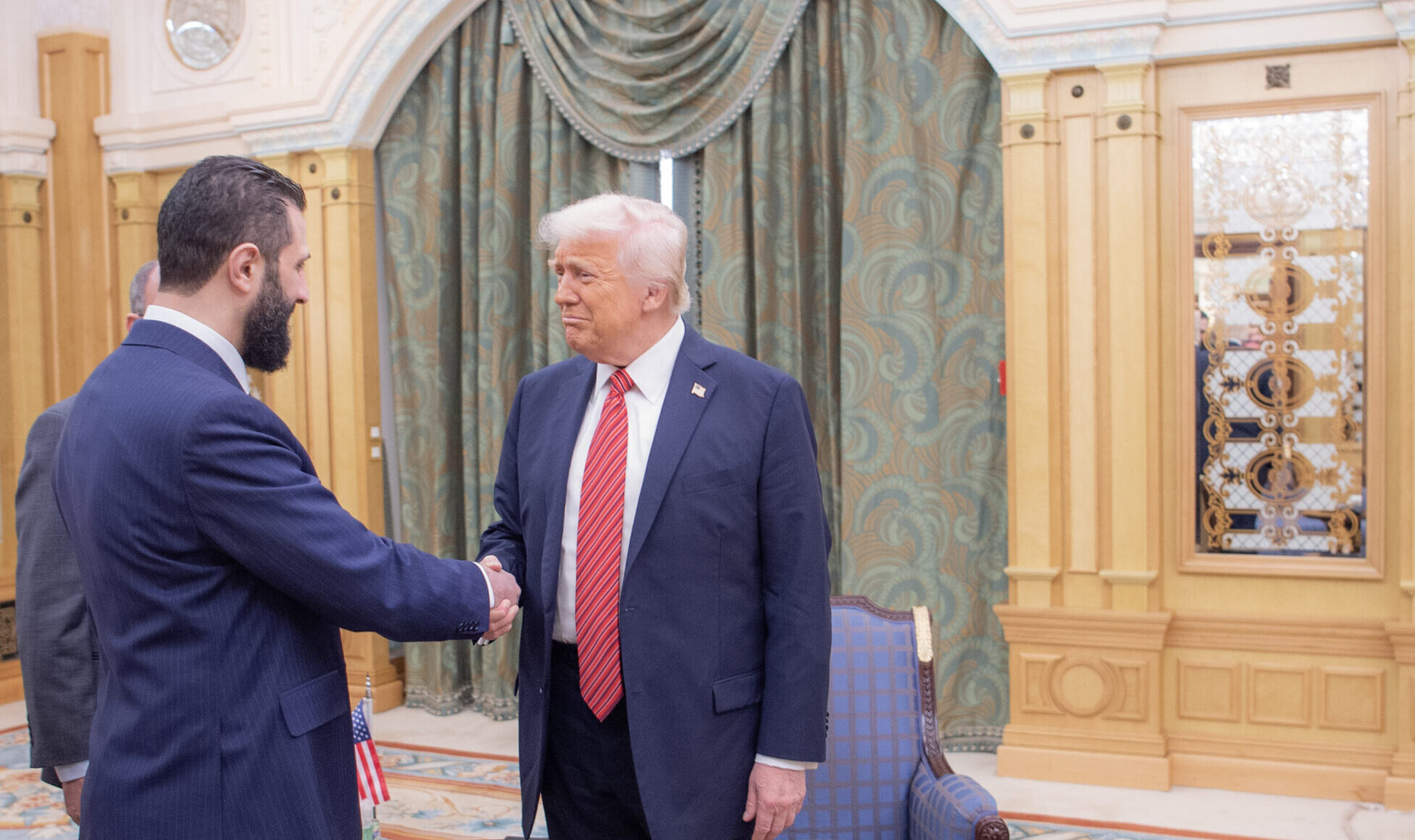Even If He Doesn’t Order an Attack, Romney’s Iran Policy Could Be Dangerous
Noah Millman comments on the debate between Sullivan and Frum on Romney’s likely Iran policy:
That is to say, there are aggressive policy options that Romney might have that wouldn’t involve a full-scale invasion of Iran.
Noah is correct that there are many aggressive moves short of a “full-scale invasion” that Romney might take against Iran once in office. The biggest mistake Andrew makes in his argument is to suggest that Romney’s inclination to attack against Iran implies a willingness to launch an invasion of Iran. Even a “meticulously planned” invasion of Iran would be extremely costly and bloody, and that is something that that I doubt Romney has any interest in starting.
There are virtually no Iran hawks that advocate invasion, and the only candidate who left the door open to doing something so foolish was actually Jon Huntsman. When we’re debating the likelihood of war with Iran, we’re debating the likelihood of a U.S. and/or Israeli aerial sneak attack on Iran, which would then lead to a prolonged air war against Iran that could spark a broader regional war involving Iranian proxies. There are many actions short of a direct attack that Romney could take. Instead of speculating over whether he would order an attack on Iran or support an Israeli strike, it might be useful to consider how likely he is to do some of these other things.
There were reports that the U.S. during the second Bush term was supporting ethnic separatist insurgents and terrorists to destabilize the Iranian regime. According to at least one report, this extended to the training of members of Mujahideen-e Khalq. Would Romney resume and increase support for one or more of these groups? That remains unknown, but it is not hard to imagine. It would derail any possibility of a negotiated settlement, and it would represent a more aggressive posture towards Iran.
A Romney administration might also choose to de-list the MEK. It is worth pointing out that several of Romney’s advisers, including Mitchell Reiss and John Bolton, have spoken on several occasions in support of the MEK, and they are committed to promoting the propaganda that it is a legitimate and democratic opposition group. It isn’t hard to imagine how Iran policy under Romney could become significantly worse and put the U.S. closer to war with Iran in the future without directly committing the U.S. to war right away. Even if Romney wouldn’t order an attack on Iran, that doesn’t mean that his Iran policy wouldn’t be more dangerous than the one we have now. That doesn’t make current Iran policy wise, desirable, or in the interest of the United States. It is none of those things. This is a reminder that it can definitely get worse.
